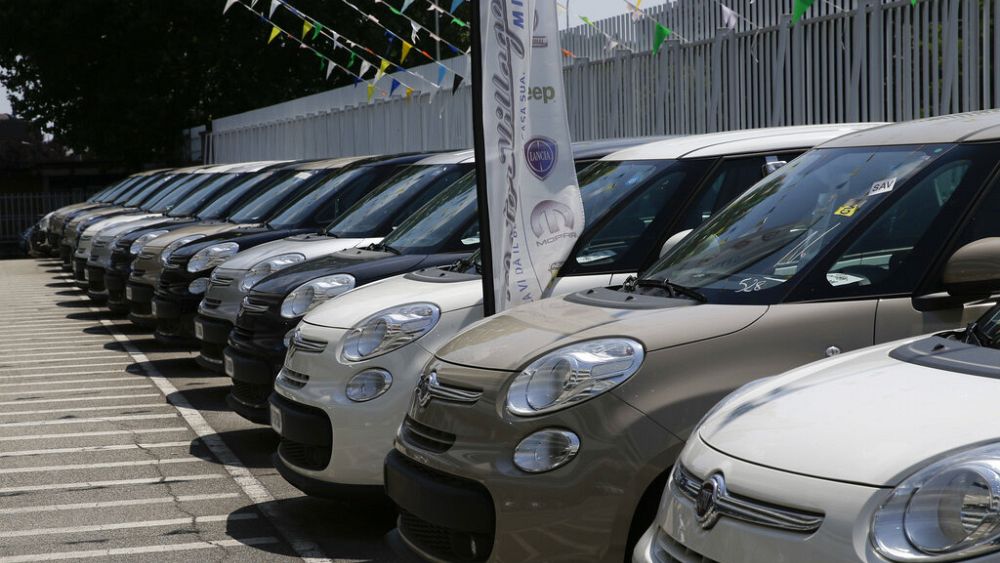
Car sales in Europe hit a record low in October due to microchip shortages, the European Automobile Manufacturers’ Association said in a statement on Thursday.
New passenger car registrations in the European Union dropped by 30% in October, the group said.
“With 665,001 units sold across the region, this was the weakest result in volume terms for a month of October since records began,” the statement read.
Europe’s biggest car markets suffered “double-digit losses,” including -35.7% in Italy, -34.9% in Germany, -30.7% in France and -20.5% in Spain.
Meanwhile, demand has held up in most of these markets, except in Germany.
October marks the fourth consecutive month of car sales decline this year after a post-pandemic bounce.
“Despite the recent drop in sales due to the ongoing impact of the semiconductor supply crisis, substantial gains earlier in the year helped to keep cumulative volumes in positive territory,” EAMA said.
A recent shortage of microchips has severely disrupted the supply chain of the automotive industry, forcing it to slash production.
The semiconductors are used for driver assistance systems and computer management of engines.
The causes behind the shortage are complex, but experts say pandemic disruptions have exacerbated them.
The chip shortage began last year after factories were shuttered due to COVID-19. When production lines restarted, there was a higher demand for technology appliances, putting pressure on supplies of semiconductors.